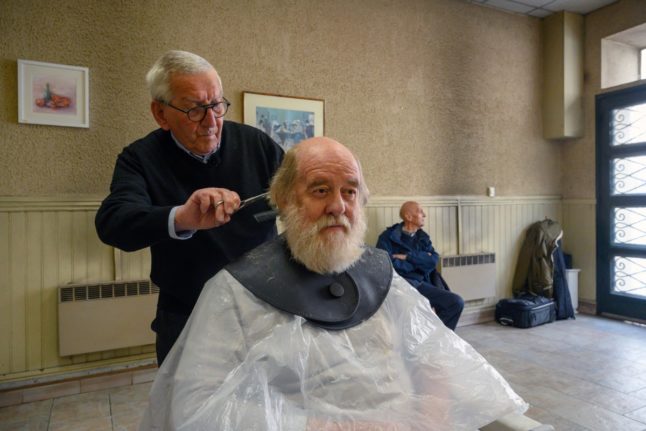Here at The Local we’re an Anglo-American team living in France – which means all of us have been through the simultaneously exciting and terrifying process of moving countries.
Our new newsletter is aimed at people who are in the process of moving, have recently moved and are still grappling with the paperwork or perhaps are just thinking about it – and we’ll share a monthly selection of practical tips. Our team is also available to answer questions from subscribers to The Local.
Let’s start with some news that I know has been worrying people who plan to move to France some day – the new French immigration bill.
The bill has now been passed in parliament, and we’ve got a breakdown HERE on what it means for foreigners in France and those hoping to move here.
It won’t immediately affect new arrivals – but one thing that the bill does contain is a proposal for compulsory language tests in order to gain the long-term residency card (which usually happens after four or five years of residency, depending on your personal situation). We have a guide on exactly what language level would be required and a quiz so you can test yourself against the required standard.
Language skills
I’m often asked how easy it is to move to France if you don’t speak any French at all. Ideally you would do some studying before arriving, but sometimes circumstances dictate a move while your French is still at a basic level (full disclosure – my French was extremely rudimentary when I first arrived).
Here’s a look at how easy it is to move to France if you don’t speak French – and what jobs you could do while you learn.
Staying healthy
The other big concern for many people is healthcare – specifically how to access care in France, and whether you need to pay for expensive health insurance in order to move.
In good news, the French system is pretty generous – you can register in the French public health system after three months of residency and the state covers around 70 percent of medical costs, depending on circumstances. It’s worth pointing out, however, that the registration process itself can be lengthy – it’s not unusual to wait a year for your first carte vitale health card.
What you do in the meantime – and what health cover you need in order to get a visa – depends on your country of origin.
Brits can use their EHIC or GHIC European health card as proof of medical cover, although it’s advised to get a short private health insurance policy too as there are things not covered by the European health card.
If you’re moving from an EU country you would be covered by the reciprocal EU health agreements between member states, but if you’re moving from the USA you will need private cover for your first few months in France (and not all American health insurance covers treatments outside of the US).
Questions
The Local’s Reader Questions section covers questions our members have asked us and is a treasure trove of useful info on all kinds of practical matters. If you can’t find the answer you’re looking for, head here to leave us your questions.
Bon courage !



 Please whitelist us to continue reading.
Please whitelist us to continue reading.
Member comments